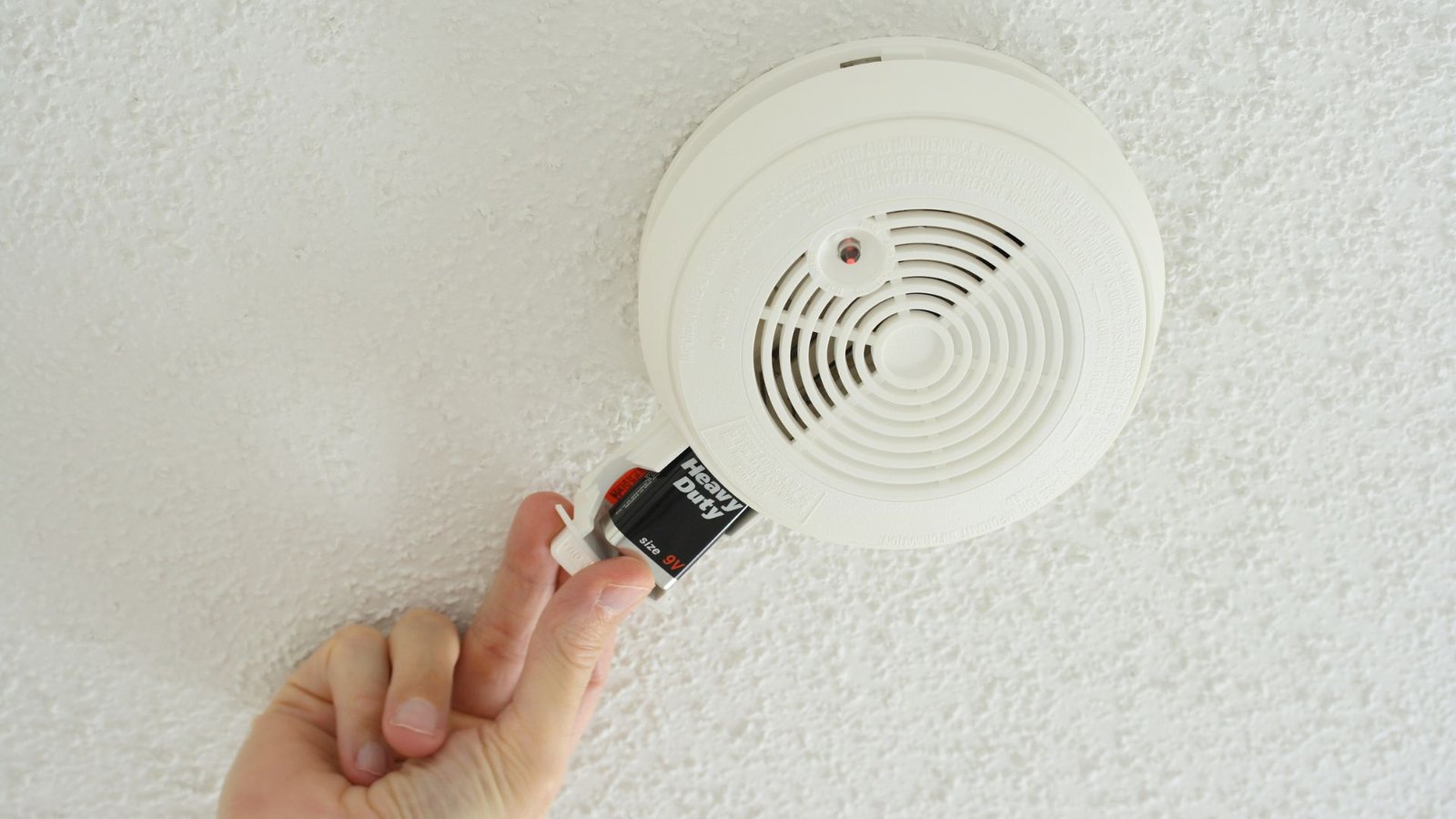Smoke alarms are essential devices in every home, providing an early warning system in case of a fire. But what happens when your smoke alarm starts beeping three times in a row? It’s a common scenario that can cause confusion or panic, especially if you’re unsure what the signal means. In this guide, we’ll break down what those 3 beeps on a smoke alarm mean, how to respond to them, and why keeping your smoke detector alarms in top condition is vital.
Understanding the 3 Beeps: A Clear Signal of Danger
When your smoke alarm emits three consecutive beeps, it’s not just noise; it’s a signal of an emergency. This specific sound pattern usually indicates that smoke has been detected in the area. Smoke alarms are designed to pick up even the slightest traces of smoke, triggering an immediate response to ensure your safety.
The 3-beep signal is universally recognized in most smoke alarms, including the best smoke alarms available on the market. These devices use advanced technology to detect potential fires before they become life-threatening. The moment you hear this alarm, you should assume that there is a possible fire and take action immediately.
What to Do When You Hear 3 Beeps
When your smoke detector alarms go off with three consecutive beeps, don’t ignore it. Here’s what you should do:
Stay Calm and Assess the Situation: Quickly check for visible signs of smoke or fire. If you see smoke, evacuate the area immediately and call emergency services.
Alert Others: Make sure everyone in the house is aware of the alarm and evacuate the premises. Smoke can spread quickly, so every second counts.
Follow Your Emergency Plan: Every home should have a fire emergency plan in place. Follow it carefully, ensuring everyone knows where to go and how to exit the building safely.
Check the Alarm’s Location: If you cannot detect any smoke or fire, carefully inspect the area where the alarm is located. Sometimes, smoke detectors can be triggered by non-fire-related factors like steam from the kitchen or bathroom.
Regular Maintenance: If false alarms happen frequently, it may be time to inspect or replace your smoke detectors. Modern interconnected smoke alarms and photoelectric smoke alarms offer more reliable performance, minimizing false alarms.
The Importance of Regular Smoke Alarm Maintenance
Maintaining your smoke detectors is crucial for ensuring they function properly when needed. Over time, dust and debris can accumulate inside the unit, causing malfunctions. Here are some tips for keeping your smoke alarms in top shape:
Test Regularly: Press the test button on your Smoke detector alarms monthly to ensure they are working correctly.
Replace Batteries: Change the batteries in your smoke detectors at least once a year or when you hear a low-battery chirp.
Clean the Units: Dust the exterior and interior (if accessible) of your Smoke detector alarms to prevent false triggers.
Replace the Units Every 10 Years: Most smoke detectors have a lifespan of 10 years. After that, the sensors may no longer be reliable.
By keeping your Smoke detector alarms well-maintained, you can reduce the likelihood of false alarms and ensure that your home is protected. Investing in the best smoke alarms available will also provide greater peace of mind, knowing that your family is safe from potential fire hazards.
Choosing the Right Smoke Alarm for Your Home
Selecting the right smoke alarm for your home is essential for adequate fire prevention. Here are some types of smoke detectors you should consider:
Photoelectric Smoke Alarms: These are highly effective at detecting smouldering fires, which produce a lot of smoke before bursting into flames.
Ionization Smoke Alarms: These alarms are better at detecting fast-flaming fires. However, they are more prone to false alarms from cooking or steam.
Smoke Alarms: These systems link all the smoke detectors in your home. If one alarm detects smoke, all the alarms will sound, providing an immediate and widespread alert.
Combination Alarms: Some smoke detectors combine photoelectric and ionization sensors, offering comprehensive protection against different types of fires.
The best smoke alarms for your home will depend on your specific needs, the layout of your house, and the types of risks you are most concerned about.
Conclusion
Understanding what 3 beeps on a smoke alarm mean can save lives. It’s a clear signal of potential danger, prompting immediate action to protect yourself and your loved ones. By staying calm, following your emergency plan, and keeping your smoke detectors in good working order, you can ensure your home is always prepared for the unexpected. Regular maintenance, proper installation, and choosing the right Smoke detector alarms will make all the difference in fire safety.
Stay safe, stay alert, and remember that those three beeps are more than just a sound—they’re a lifeline.

